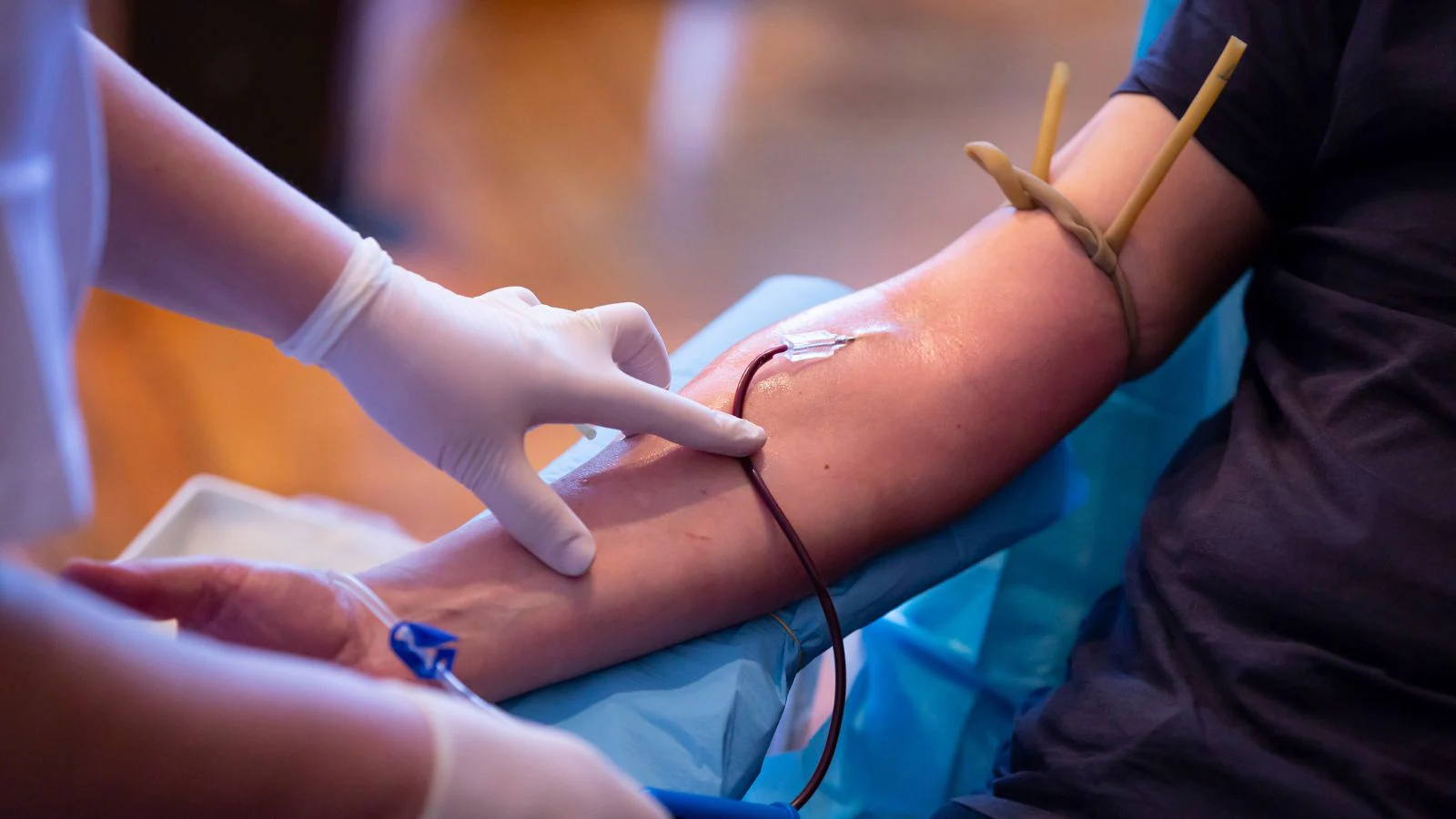By News18,Soumya N
Copyright news18

Blood donation is one of the greatest gifts, it can save lives. Yet in many rural areas, myths still discourage people, with fears that donating will cause weakness. Doctors clarify who can safely donate and the best times to do it. Read on to learn the facts and help dispel these misconceptions.
All healthy men and women between 18 and 60 can donate blood. Experts note that donating every three months offers health benefits, including lowering excess iron levels. High iron can strain the heart, so regular donation helps reduce the risk of heart disease.
Health Check: Before donating, several tests are performed to ensure the donor has no underlying health issues. Only those in good health are eligible to give blood.
Saving Three Lives: A single blood donation can help three patients. One unit is separated into plasma, red cells, and platelets for different treatments. Be sure to follow post-donation care and avoid common mistakes.
Rest: After donating blood, rest for at least 30 minutes. Standing or moving too quickly can cause dizziness. Drink juice or another fluid first, then walk slowly.
Exercise and Physical Activity: Avoid workouts and strenuous activity for the rest of the day after donating blood, especially gym sessions. Give your body time to recover.
Food and Drinks: Avoid alcohol for at least one day before and after donating blood. Doctors recommend eating fruits and nutrient-rich foods regularly to support recovery.
There are no harmful side effects of donating blood, and healthy men and women aged 18 to 60 can donate with confidence. Give blood whenever you can to help save lives.



